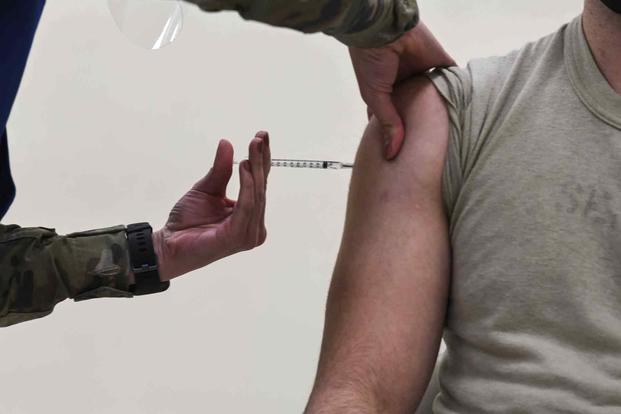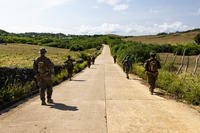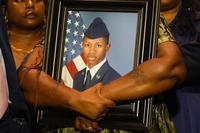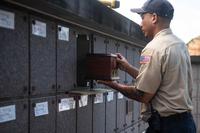The U.S. Supreme Court has decided not to hear a case involving 39 military chaplains who say they continue to face recrimination for refusing to get the COVID-19 vaccine for religious reasons.
In an announcement Monday of the cases the court has selected to hear next year, the justices denied the chaplains' petition to review last year's dismissal of the case by the U.S. Court of Appeals for the Fourth Circuit.
The appellate court ruled that the Defense Department's decision in January 2023 to rescind the vaccine mandate rendered the chaplains' case moot.
In their petition, the chaplains said they needed the court to consider the case to protect them and their First Amendment rights. They argued that many continue to have bad marks in their fitness reports that influence assignments and promotions.
"These chaplains' careers are dead men walking, direct consequences of filing [religious accommodation requests]," the petition stated.
According to court documents, the chaplains filed the lawsuit "when it became obvious" that the Defense Department was denying religious accommodation requests. They claimed that since the mandate was dropped, the Defense Department has made false claims that all adverse actions have been removed from the personnel files of those who had asked for a religious exemption.
With the Supreme Court's decision not to hear the case, the Fourth Circuit Court of Appeals ruling stands, an affirmation of the lower court's finding that renders the case, Israel Alvarado et. al. v. Austin, moot.
At least 50 service members previously sued the Defense Department over its vaccine mandate, alleging that the services and the Pentagon had violated their right to religious freedom for "categorically denying" their request for religious exemptions from the COVID-19 vaccine.
In one case involving several Navy SEALs, a district court judge quashed the Navy's ability to punish the sailors for refusing the vaccine order, a ruling which was upheld by the Fifth Circuit Court of Appeals but later rejected by the U.S. Supreme Court.
The Defense Department was later ordered to pay $1.8 million in legal fees as settlement for two lawsuits over the mandate.
The Defense Department began requiring service members to get the COVID-19 vaccine in August 2021. More than 2 million troops and nearly 350,000 Defense Department civilian employees received the vaccines, two of which used emerging technology -- messenger RNA -- to teach a recipient's immune system to replicate the spike protein found on the COVID-19 virus and destroy it.
More than 17,000 service members refused to take the vaccine, with some citing concerns over the new technology and others saying they objected on religious grounds, noting that the widely available vaccines from Moderna, Pfizer and Johnson & Johnson were tested using cell lines derived from fetal tissue obtained from abortions decades ago.
Roughly 8,400 troops were discharged, including 3,717 Marines, 2,041 Navy sailors, 1,841 Army soldiers, and 834 Air Force and Space Force members, and more than 1,000 service members received religious exemptions before the mandate was dropped.
A total of 690 service members, dependents and civilian Defense Department employees died from COVID-19 between the start of the pandemic in early 2020 and Dec. 8, 2022, the date the DoD stopped publishing updates of its COVID-related deaths.
Nearly 1.2 million Americans have died and more than 7 million deaths have occurred worldwide as a result of the virus, first detected in China in late 2019.
Related: CDC Now Watching for Cases of Heart Inflammation Following COVID-19 Vaccine












